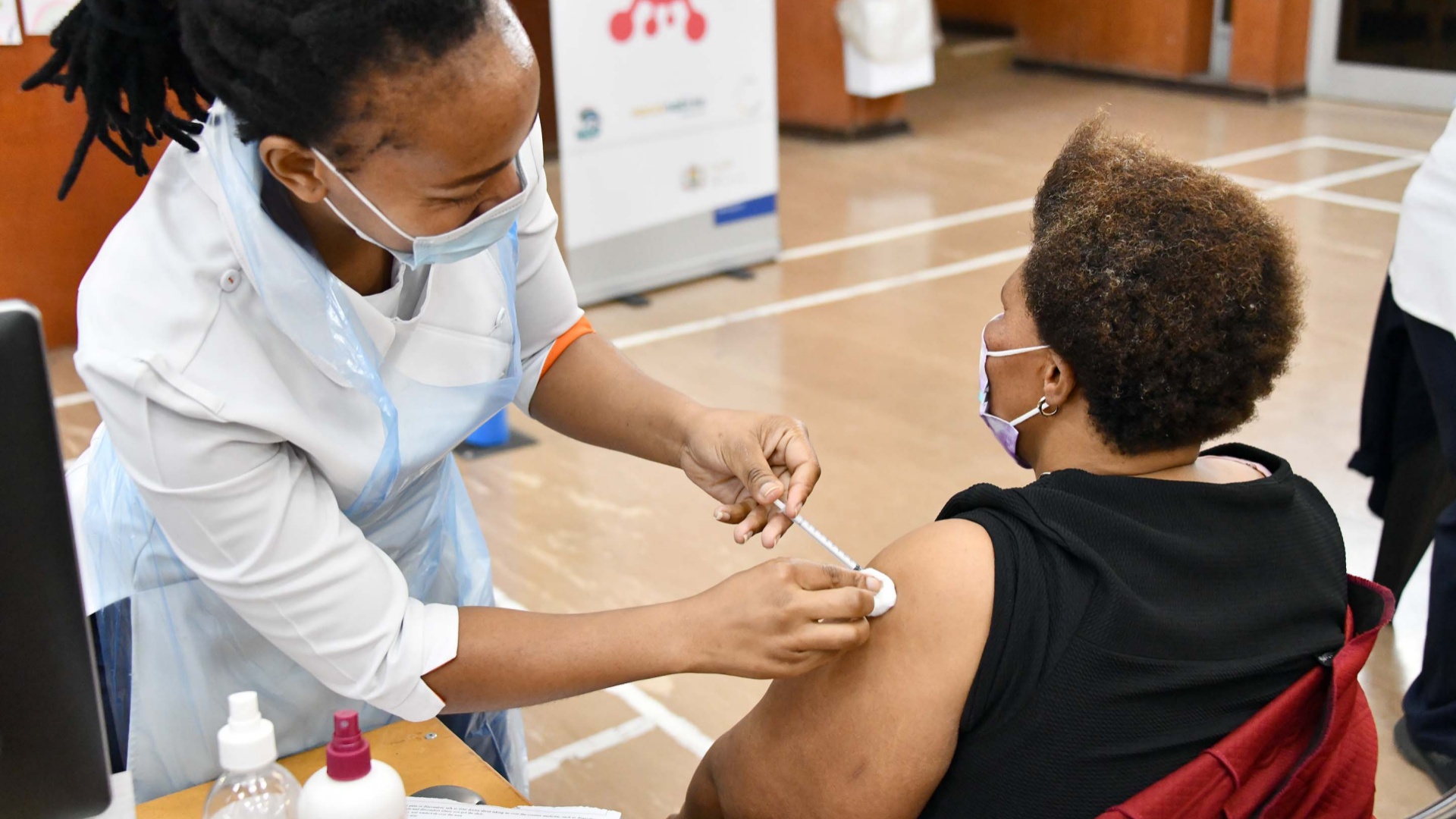In recent months government has been on a push to increase the number of people heading to vaccination sites to receive jabs with its Vooma initiative. While it proved helpful in the first few weeks it was announced, momentum since then has died down.
In an effort to reinvigorate its vaccination programme, government has announced a handful if important changes.
To that end, the waiting period for the COVID-19 booster for those fully vaccinated, along with the number of days between your first and second jab has changed.
The latter will see the interval between the first and second doses of Pfizer being reduced from 42 days to 21 days, with it taking effect from Wednesday 23rd February 2022, the National Department of Health (NDoH) explained earlier today.
“Firstly, all individuals who are fully vaccinated with Pfizer vaccine, meaning they have received both doses, will now be eligible for booster dose 90 days (or three months) after the second dose, instead of the current 180 days (or six months) interval,” it confirmed.
“Secondly, all individuals older than 18 years of age who have received one dose of the COVID-19 J&J vaccine will, with effect from today (Monday, 21 February 2022) be eligible to receive a booster dose of the same vaccine or a booster dose of the Pfizer vaccine after an interval of two months (60 days),” the NDoH added.
The department also noted that it will be adjusting its strategy in terms of how the COVID-19 booster is allocated, with those fully vaccinated and over 18 years old eligible to receive either a Pfizer or J&J booster.
“This is called heterologous booster doses, meaning booster doses of a different vaccine to that which was administered as the primary dose. The decision regarding which vaccine to administer as a booster should be guided by vaccine availability,” the NDoH highlights.
“Thus, if both vaccines are available at vaccination site, homologous boosting should be preferred, unless the vaccinee requests to receive a heterologous or different booster dose, or has a history of experiencing an adverse event following immunisation,” it concluded.
Whether the reduction in wait times, as well as promoting heterologous boosters is enough to get people to sites across the country, remains to be seen.
Either way, more needs to be done if the country is to reach population immunity and stave off the effects of future waves of infection, which have proved devastating to date.
[Image – BY ND-2.0 GovernmentZA on Flickr]

